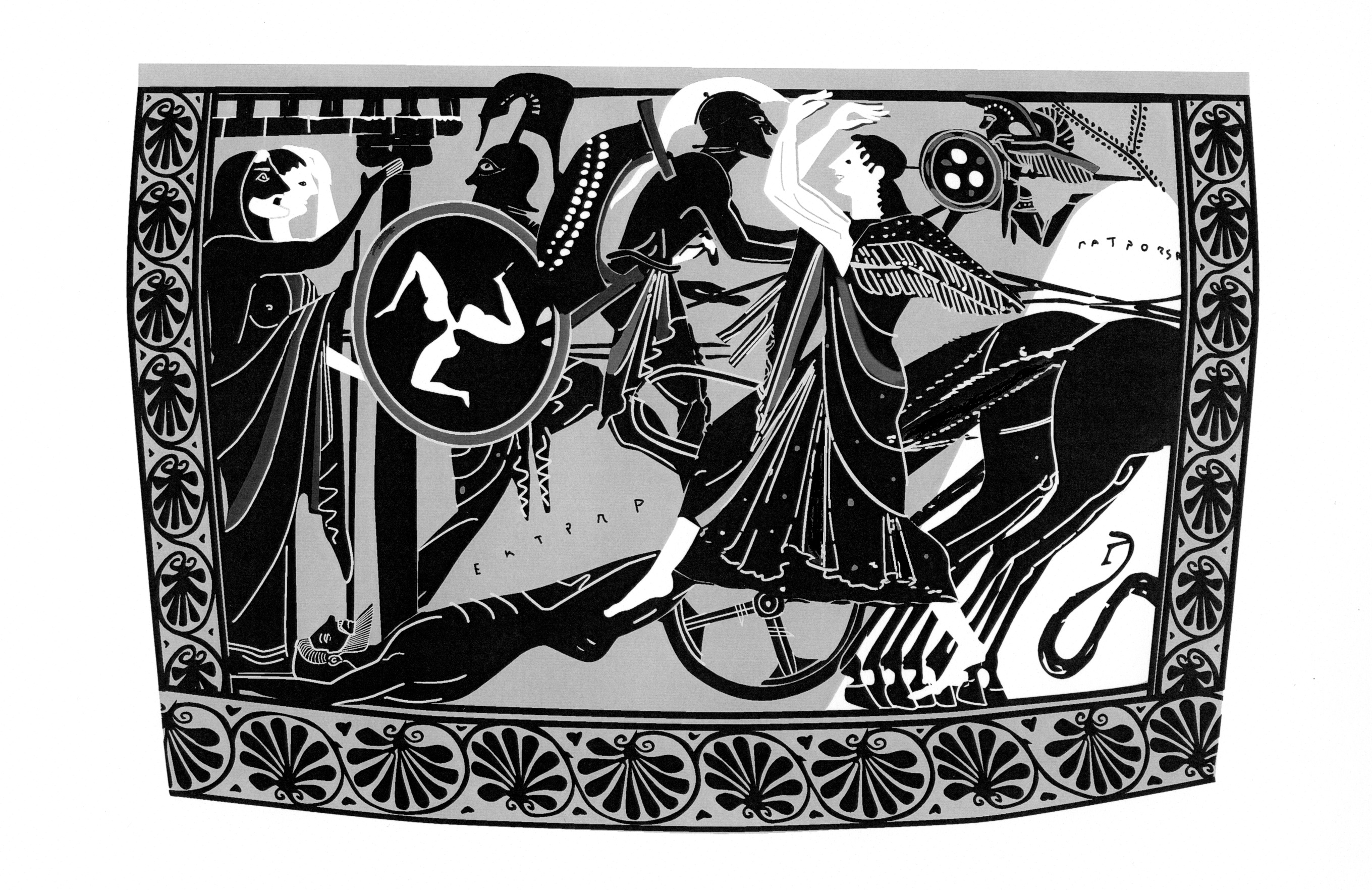
Join the Fall 2013 session of HeroesX now. New participants are welcome through December 31.
Project Update – October 2013
Since the project was launched in March 2013, The Ancient Greek Hero has enrolled over 36,000 participants from over 170 countries. Participants in the inaugural session completed the challenging material at promising rates. More importantly, participants describe being transformed by the content, the community, and the rare experience of “reading closely”.
The second session is open now through December 31, 2013. New participants are welcome at any time. Register now!
The Center for Hellenic Studies is also developing a sequel project. Stay tuned for more information.
*****
The Ancient Greek Hero taught by Harvard’s Gregory Nagy now available as an online, open access project on edX
Project Announcement – December 2012
Starting in March 2013 (with open enrollment through late June 2013), The Ancient Greek Hero, directed by Harvard classics faculty member Gregory Nagy will be available as an open access project through edX (www.edx.org), the online learning initiative founded by Harvard University and the Massachusetts Institute of Technology (MIT).
The HarvardX project will use the latest technologies to help students engage with poetry, songs, and stories first composed more than two millennia ago. Featured literature includes the Homeric epics, a selection of early lyrics, excerpts of prose history, seven tragedies, two Platonic dialogues, and the intriguing but rarely studied dialogue, On Heroes by Philostratus.
Nagy, the Francis Jones Professor of Classical Greek Literature and Professor of Comparative Literature and head of the Center for Hellenic Studies at Harvard University, will be assisted by Kevin McGrath, Alex Forte, a team of other Teaching Fellows specializing in a wide variety of academic fields.
Former teachers of earlier versions of the course, which has been taught almost every year since the late 1970’s, and students who have already taken the course (i.e., alumni) will also interact with new students.
The text for the project will be Nagy’s forthcoming Harvard University Press book, The Ancient Greek Hero in Twenty-Four Hours. This book will be available on the project website and in dynamic e-book form; it will be supported by an enriched and annotated Sourcebook containing all the readings and texts.
The HarvardX division of the project will be the first humanities offering by edX and will feature innovative approaches to both teaching and class participation.
“With a focus on collaborative work, the use of multimedia resources, and with personalized engagement with online mentors and field experts such as course alumnae/alumni, The Ancient Greek Hero will offer students an intimate and inspiring experience that is completely different from how popular opinion generally views the intellectual accomplishment of a typical MOOC,” said Nagy. “This is a course for students of any age, culture, and place, and its profoundly humanistic message can be easily received without previous learning in Western Classical literature.”
Along with other spring edX offerings, The Ancient Greek Hero is open for registration as of today through www.edx.org. EdX expects to announce a second set of spring 2013 courses and project in the future.
About the Project
Through English translations that have been carefully prepared and arranged for this course, as well as through supplementary comparative material drawn from cultures other than the Greek, and featuring a wide variety of media such as vase painting, European opera, and cinema—from Ingmar Bergman’s version of Mozart’s Magic Flute to Ridley Scott’s science fiction classic, Blade Runner—Nagy provides students who have no previous background in classical Greek civilization with a fully engaging and immediately accessible introduction to the major themes and conceptual motifs of this ancient literature, its myths and ritual practices.
The project begins with the Homeric poems, stressing the historical fact that heroes in ancient Greece were worshipped, just as ancestors are today worshipped in many societies; in other words, heroes were defined by what we know as ‘hero cult’. This understanding of cult or the ritual dimension of heroes—in forms of worship such as athletics or in rites of personal devotion—is vital for our perception of how epic and tragic heroes came to life in the ancient media of verbal and dramatic performance.
Nagy argues that the true hero of the project is the logos or the word of reasoned expression as activated, for instance, by Socratic dialogue. This logos of dialogue requires careful thinking realized in close reading and reflective writing. The last work to be read in the project comes from Plato’s memories of the final days of Socrates, memories which depend on a thorough comprehension of the concept of the hero in all his or her various manifestations throughout the history of Greek civilization.
Participants will have access to dynamically linked online texts, video lectures and discussions, annotation tools, and online forums, all of which are designed to engage students from around the world in a continual dialogue with the literature of ancient Greece. Throughout the project Nagy incorporates a strongly comparative approach featuring analyses of other forms of artistic representation, such as the visual world of painting, the dramatic place of theater, and musical, choral, and sculptural expression.
Besides teaching at the Harvard campus in Cambridge, Mass., Nagy is also the Director of Harvard’s Center for Hellenic Studies in Washington, D.C. As part of its educational mission, the Center offers free access to a dynamic online archive of all the resources associated with previous distance learning versions of this project. These resources include multimedia lectures and discussions, audio recordings, lecture notes, and the complete collection of readings. Readers can also access content from 2010 and 2011 via recent posts on the CHS blog: kleos@CHS.
